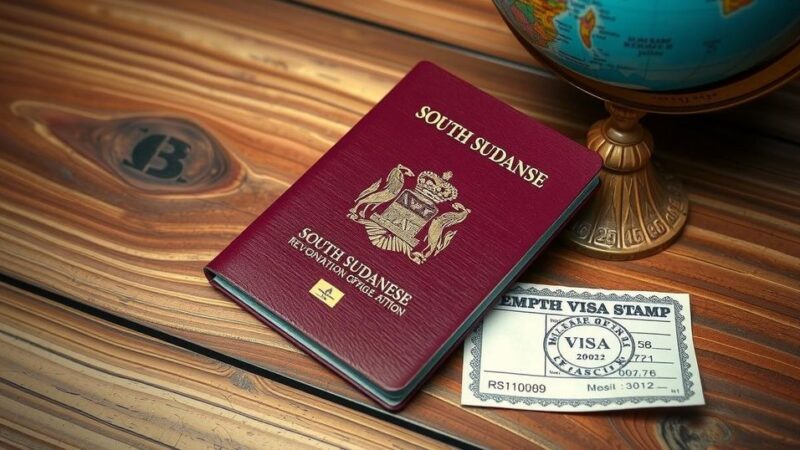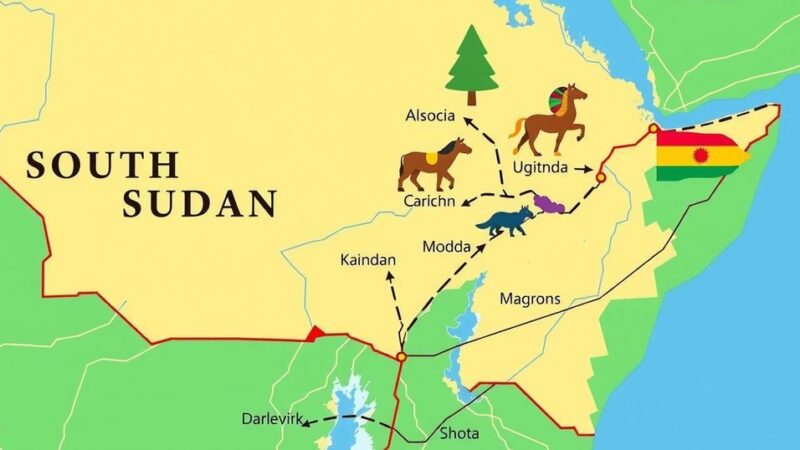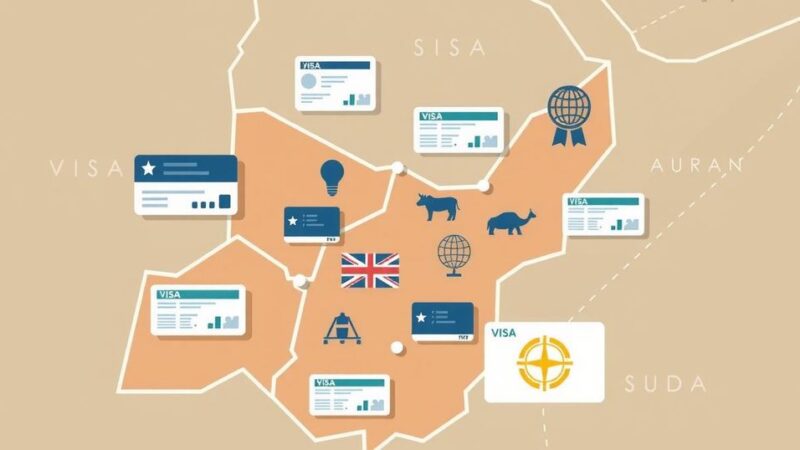M23 rebels, backed by Rwanda, entered Walikale in eastern Congo, defying ceasefire calls. The rebels cut off key supply routes, exacerbating fears for local safety. Heavy fighting has resumed despite calls for peace talks and a humanitarian crisis continues to escalate, with millions displaced and significant mineral resources jeopardized.
On Wednesday, M23 rebels, reportedly backed by Rwanda, entered the key town of Walikale in eastern Congo, confirming their presence even as calls for a ceasefire were made by the presidents of Congo and Rwanda. Prince Kihangi, a local leader, noted their visibility at crucial locations, highlighting the strategic importance of Walikale. With their control over this town, the rebels disrupted supply routes connecting four eastern provinces: North Kivu, South Kivu, Tshopo, and Maniema.
Heavy artillery was reported throughout the day, but the fighting calmed to sporadic gunfire in the evening. Civil society activist, Fiston Misona, expressed grave concerns, stating, “Our Congolese army is no longer fighting. It’s as if we were being sacrificed.” The lack of official commentary from both the M23 and the Congolese government has raised tensions.
This escalation follows recent diplomatic talks between the leaders of Congo and Rwanda in Qatar, who demanded an immediate ceasefire. A prior meeting intended to unite Congo’s government and M23 leaders for negotiations was unsuccessful, particularly after European Union sanctions were imposed on rebel leaders.
The conflict in eastern Congo, which has persisted for decades, saw a significant intensification in January when M23 rebels advanced on key cities like Goma and Bukavu. The M23 is one of over 100 armed groups competing for control in this mineral-rich region, which has led to a severe humanitarian crisis, displacing over seven million people.
Reports indicate that around 4,000 Rwandan troops support the M23 rebels, who have shown aspirations to reach Kinshasa, the capital of Congo, located approximately 1,600 kilometers away. The U.N. Human Rights Council has initiated an inquiry into reported atrocities by both factions involved.
Walikale boasts rich mineral resources, including significant deposits of tin and gold. The Bisie tin mine, close to the town, represents a large portion of North Kivu’s tin exports, but its operations were recently suspended by the operator, Alphamin Resources, in response to the ongoing violence.
The M23 rebels’ occupation of Walikale illustrates the ongoing instability in eastern Congo, which persists despite calls for a ceasefire amidst high-stakes diplomacy involving regional leaders. This conflict continues to impact humanitarian efforts dramatically, underscoring the dire situation faced by millions of displaced individuals. With mineral resources at risk and escalations continuing, the need for effective conflict resolution strategies is paramount.
Original Source: www.usnews.com






